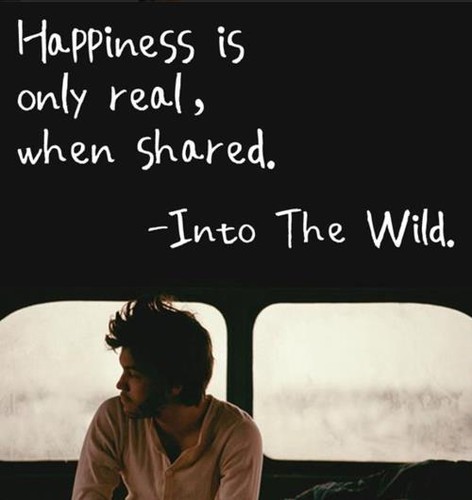You can be the most skeptical person in the world, but you cannot deny that the story portrayed in the movie is actually very beautiful. We human beings are highly dependent of our memories and thinking that a simple song can bring a whole scene in a person's brain is amazing. We are used to connect particular scents and smells (a perfume, the small of a special food, and so on) to important people or to remarkable experiences in our lives, so why would it be impossible to happen with music? Particularly, I think that the power of a melody is even more strong, because the language of music is one that can't be translated, can't be measured, can't be described. It is something that you feel, and you feel only.
Believing in Gabriel's story or not, it is also undeniable that music, especially the band "Grateful Dead", had a great impact on Gabriel's personality. At the same time that he heard this band and identified himself with the lyrics and all the atmosphere it created, he also builded up his character and "being a fan of Grateful Dead" is part of what he was.
Besides the theme of music as being an important part of our lives, the movie talks about the pressure of society about people following the rules and being an important and successful "graduated" person. Having a diploma was - and still is - considered as the only way to be happy, rich, and respected.
Of course, being a musician, such as Gabriel wanted to be, had no value at all. People who spend their time and money to create songs that eventually may change or mark someone's life are just some lucky ones that were conceived with this "gift" by God and can be free from the pain of working in a dull office. Lucky bastards, right? The society's opinion towards musicians - that they are not professionals like all the others - may have destroyed the dreams of millions of others that wanted to live a life just the way Gabriel wanted to. In this sense, Gabriel's father is not the only one to blame. Even so, at the end he was freed from his prejudice and could see the beauty of simply letting the music guide him through paths that he was not able to walk on his own.
.jpg)





